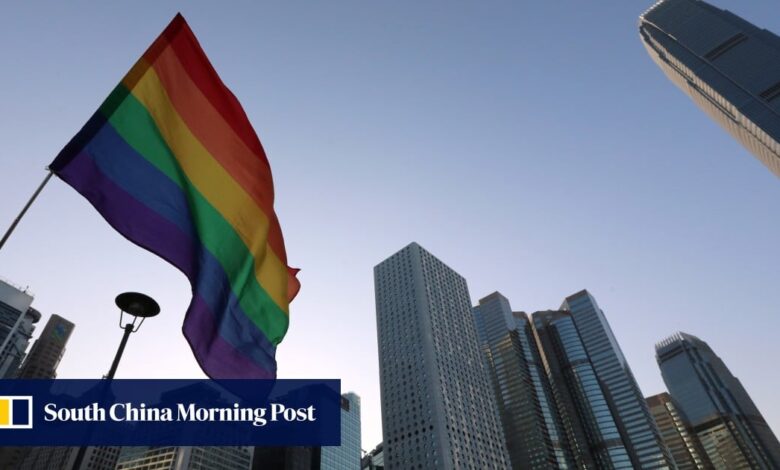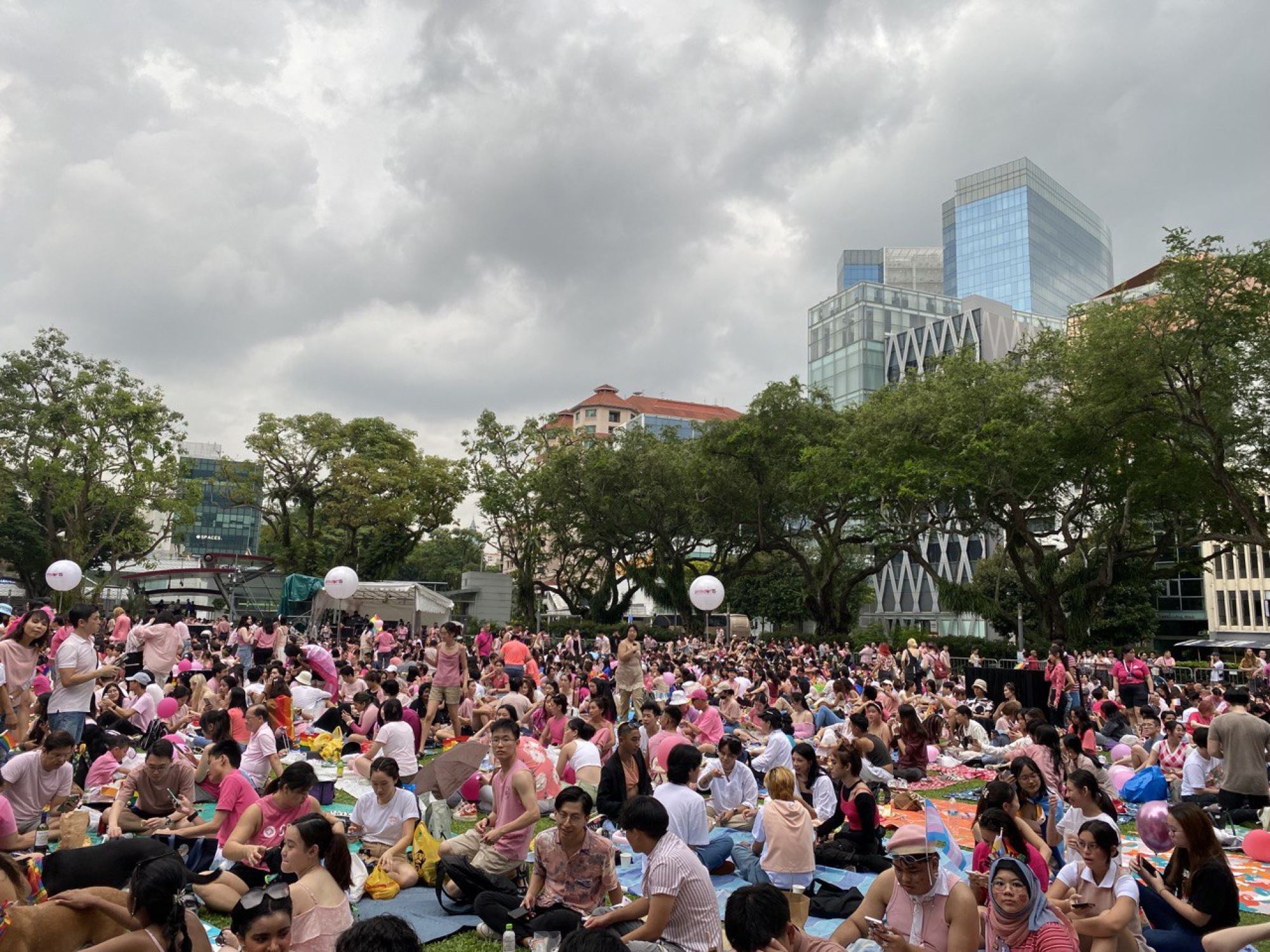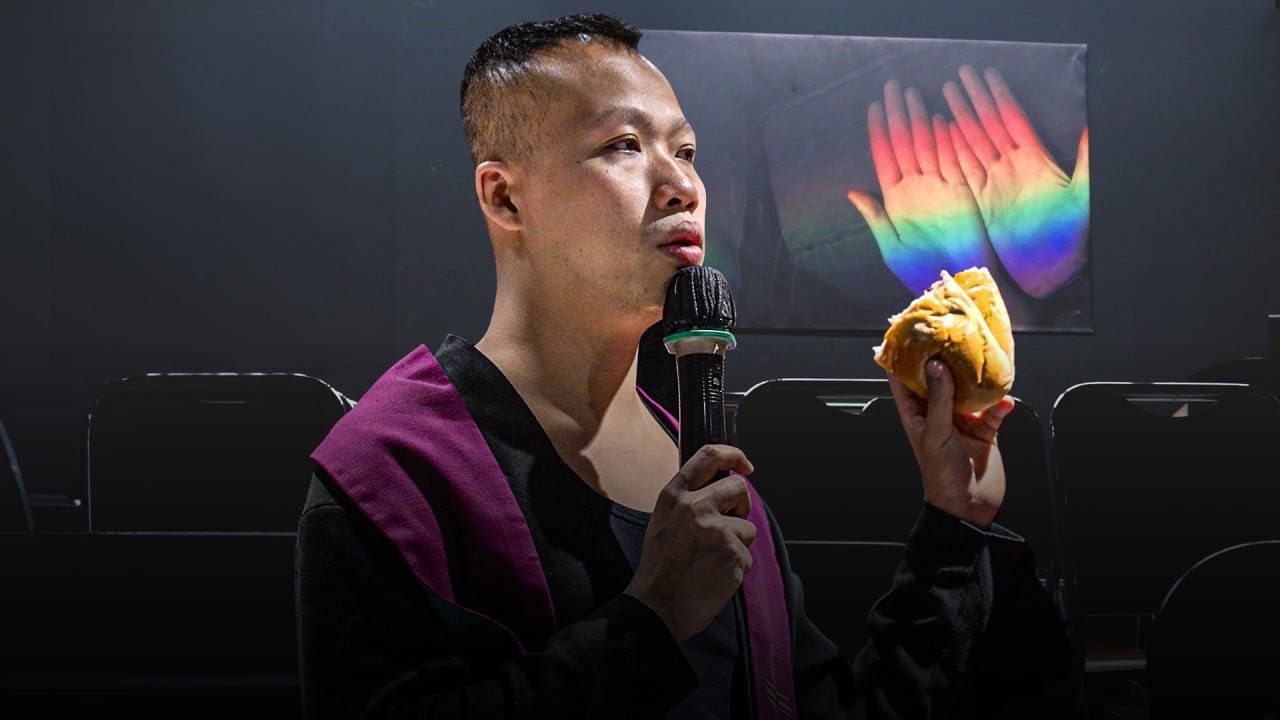Stronger LGBTQ rights in Asia will send ‘clear message’ in fight for global talent

[ad_1]

“Hong Kong has a real opportunity to take the lead here and give a clear message,” said Gigi Chao, the vice chair of listed Hong Kong property firm Cheuk Nang Holdings and a prominent gay rights advocate in Asia.
“I am confident that we will get there in the end,” Chao told Reuters.
‘Wake up’
“Japan’s recognition of marriage equality would raise its profile in Asia-Pacific,” wrote the American Chamber of Commerce in Japan, whose members include over 600 companies, including nearly 100 Fortune 500 firms across 60 sectors.
“Japan cannot afford to lose talent to their global competitors,” it added in a report published in April.

A poll this year by Kyodo news agency of just over 1,500 people showed that nearly 70 per cent supported same-sex marriage.
But Japan’s 126 million population remains largely conservative and many lawmakers, including members of the ruling Liberal Democratic Party, have opposed such unions, saying they cherish traditional family values.
“For LGBTQ people, Japan is not considered an easy location,” Moriaki Kida, the CEO and chairperson of global consulting firm EY Japan, told Reuters.
“Headquarters must wake up and instil values, purpose and then also their employee policies that are encompassing everywhere around the world,” Kida said.
LGBTQ people also face hurdles in largely conservative South Korea, which Human Rights Watch says lacks legal protections against discrimination based on sexual orientation and gender identity.
South Korean lesbian couple overcome criticism, legal barriers to parenthood
South Korean lesbian couple overcome criticism, legal barriers to parenthood
Four in 10 South Koreans support legalising same-sex marriage, according to a Gallup poll in May, but any change to the law would need to be approved by the political parties, who are closely allied with conservative religious groups.
“South Korea has always gone through a rapid change and it will continue to. The only obstacle I think is politics,” said Kiyong Shim with Seoul-based Youth LGBTQ organisation Dawoom.
While companies rarely lobby Asian governments directly on LGBTQ rights, activists say they show their support through sponsorship of LGBTQ events and pride-themed marketing.
In Singapore, the annual Pink Dot gathering for the LGBTQ community and allies was sponsored by 91 companies, though under rules laid down by the government, foreigners cannot attend the event and foreign companies cannot sponsor the rally.
Pink Dot: Singapore’s LGBTQ activists eye ‘long road’ to equality
Pink Dot: Singapore’s LGBTQ activists eye ‘long road’ to equality
Foreigners can take part in the commercial Pink Fest event, which this year included a career fair hosted by WeWork and sponsored by Dyson, Nomura and Standard Chartered Bank.
Singapore is keen to cash in on the so-called “pink dollar”, or the spending power of the LGBTQ community, and since the government scrapped the law criminalising sex between men, members of the community say they feel more confident.

While activists acknowledge that changing traditional values takes time, they say companies are best placed to influence business-minded governments like that of Singapore.
Kathy Teo of Singapore’s first LGBTQ chamber of commerce, said society as a whole benefits from inclusivity.
“The best talent in the world are not just LGBTQ individuals but they’re also comprised of people and individuals who are actually more progressive,” said Teo, whose “Q Chamber” includes Google, IBM, P&G, and fintech firm Revolut as members.
“Who prefer to live and work in places where diversity, inclusivity and innovation can thrive, as opposed to not.”
[ad_2]
Source link





